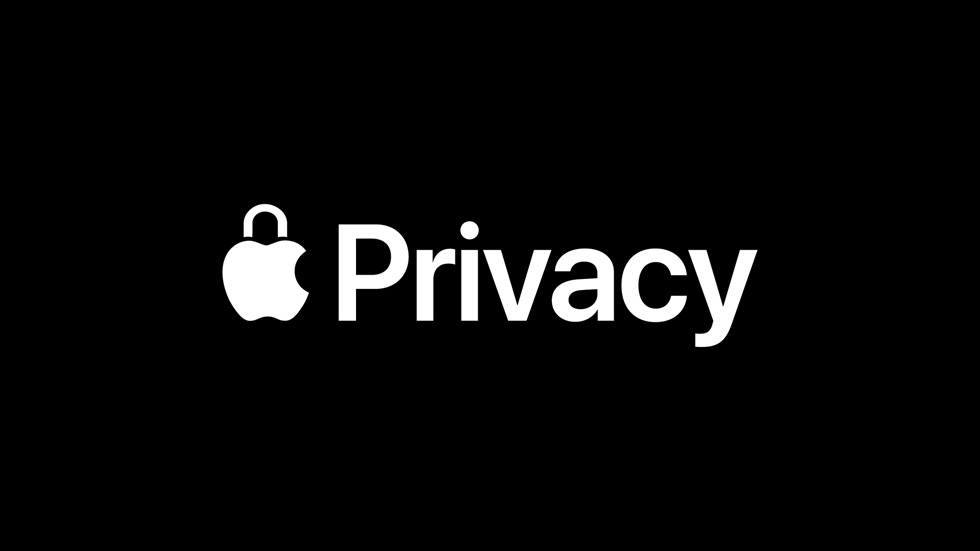LACK OF PRIVACY
First I want to touch on the problem behind mass surveillance. Catherine Crump brought up a frightening issue that I don’t think many people are aware of. From her talk, I found out that the location information of many people here in America is stored in a huge database… just in case it may be useful someday. That’s hard to wrap our brains around because this means there isn’t a true justified reason why we are being tracked constantly. If the government is able to obtain this data, it means they know where we are going and what we are doing, allowing them to build profiles and assumptions as to who we are as individuals. Now this could be anybody, she mentions that these profiles are built for potential cases… even if you’re doing nothing wrong. This is a huge violation of privacy, especially for individuals just trying to go about their day. We deserve to feel safe and not watched when we’re out running errands. The problem with having this large database is that it leaves room for hacking to occur and our information to be accessed. Now, since these things could be tracking where we live and/or work, that becomes public information to unsafe people. It puts a threat on our friends and family, and the government shouldn’t be willing to place this onto us.
Next, I want to discuss electronic tattoos, which unfortunately can be a slippery slope. We see this being a huge issue in the younger generations because we aren’t always educated on these issues surrounding privacy. Younger people tend not to think about our digital footprint when posting, tweeting, or sharing information/pictures online or through messages. Since media and technology has gotten so advanced, there are large issues that surround it. What some people don’t realize is that once you put something out there, it is available for anyone and everyone to see… and that includes those who can be dangerous. Enriquez’s main point was that what gets put out there is permanent, hence the tattoo reference. To protect ourselves from this issue, we should be thinking twice about what we put on the internet. Especially what we are posting to social media because all it takes is one screenshot to be saved and transferred elsewhere.
Lastly, I want to talk on Soghoian’s TED talk because he made a lot of interesting points about telephone surveillance that I didn’t know about. He discussed how telephones were wired for surveillance first, and that is terrifying. Everyone communicates through their telephones on a daily basis whether it be texting, snapchatting, through facebook, or calling. The scary side of this is that there are some providers that have access to calls, which means anybody could be listening. A lot of private conversations are had which is why it is so concerning that the government, hackers, or foreign services could be listening to the call. If you mention addresses, names, or any small piece of information that can be linked to a profile online, that’s all it takes to be found and a lot can come from that. The government should not be allowed to listen to your calls (period). What I found interesting is that Apple has done a good job making it difficult to wiretap into calls and messages. This makes it safer for individuals to call, text, or facetime.
At the end of the day, we need to be more cautious and self-aware of what we post and what is said, which is a sad truth. In today’s society we are under constant surveillance making it unsafe everywhere we go. We also see the unfortunate issue where people become vengeful. Another reason why we need to be more careful about what we share online is because all it takes is a pissed off person to use something against you. This is a huge issue we see now because posting images is such a big thing. The "revenge porn" TED talk was a hard story to hear, but unfortunately not an uncommon one. People online can be fueled to do crazy things when things don't go their way. We once again need to ensure that we are not putting anything out there that can be used against us in order to maximize our safety. The government should be aiming to make a change rather to thrive under gaining all of this data from us in the first place.


No comments:
Post a Comment